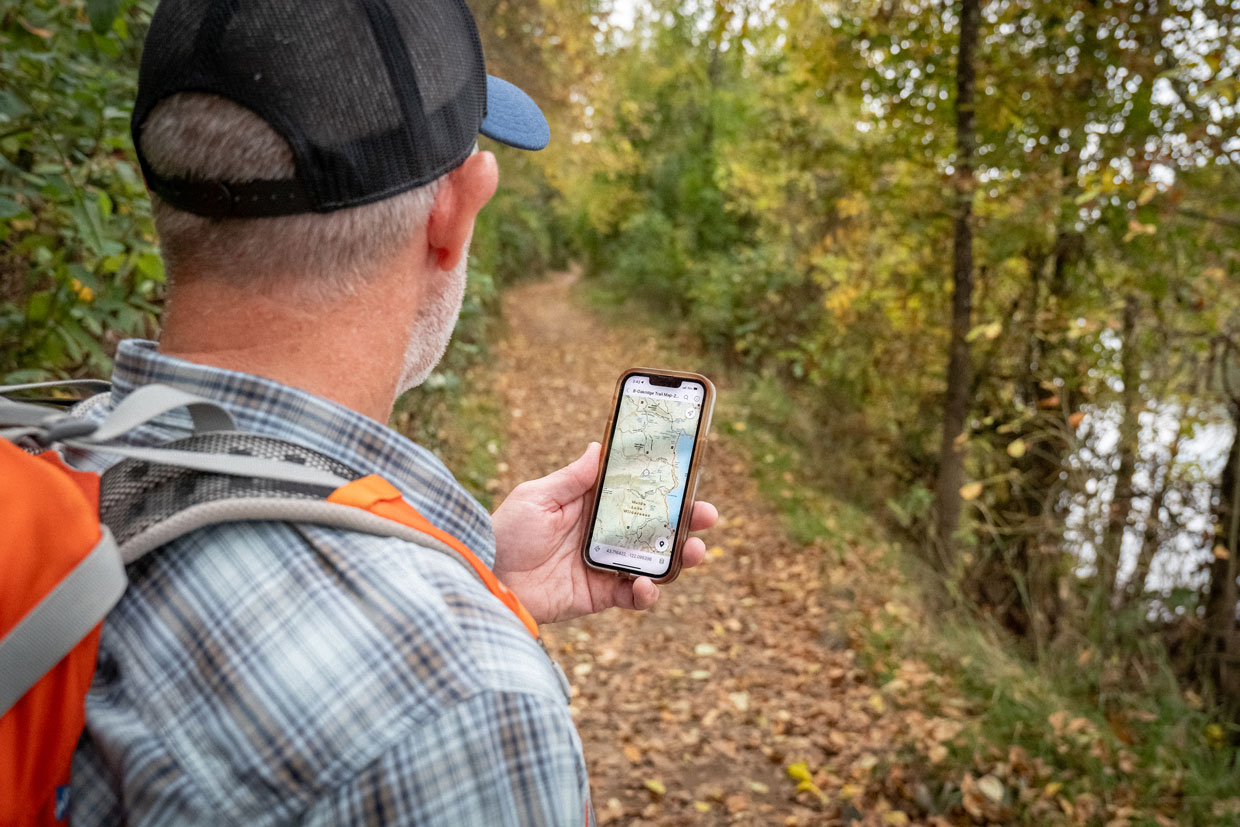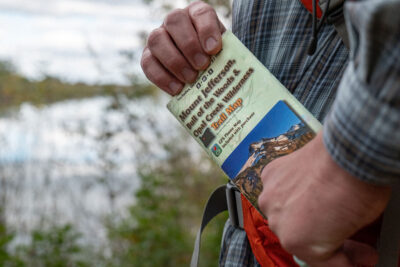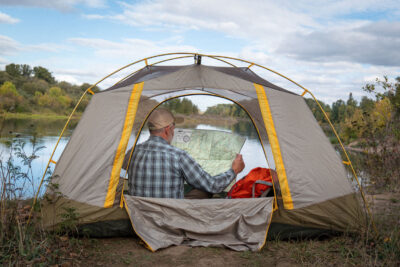
Creating accurate and reliable trail maps involves more than just drawing lines on paper. At Adventure Maps, our commitment to precision and quality is reflected in every step of our map-making process. From initial research to final printing, here’s a behind-the-scenes look at how we craft the most accurate trail maps for your adventures.
1. Research and Data Collection
The foundation of any great trail map is thorough research. Our process begins with collecting detailed data from a variety of sources, including:
- Local Trail Groups: We collaborate with local hiking and biking groups who provide invaluable insights into trail conditions, updates, and changes.
- Land Management Agencies: We work closely with national and state parks, forests, and other land management agencies to ensure our maps reflect the latest regulations and trail information.
- On-the-Ground Research: Our team conducts field surveys to gather firsthand data, verifying trail details and identifying any discrepancies.
2. Data Analysis and Mapping
Once the data is collected, our next step is analyzing and organizing it into a comprehensive map. This involves:
- Data Integration: We integrate information from various sources, including GPS coordinates, topographical details, and trail features, into a cohesive dataset.
- Map Design: Our design team uses advanced mapping software to create detailed and clear representations of the trails. We pay special attention to elements like trail markings, elevation changes, landmarks, and points of interest.
- Accuracy Verification: To ensure precision, we cross-reference our data with existing maps and user feedback. This step helps us catch any errors and verify that all details are correct.
3. Quality Control
Quality control is a crucial phase in our map-making process. We implement several checks to ensure the accuracy and usability of our maps:
- Internal Review: Our team of cartographers and outdoor experts review the maps for accuracy, readability, and consistency.
- User Testing: We conduct tests with experienced hikers and adventurers to gather feedback on map usability and effectiveness. Their insights help us refine the final product.
- Field Verification: Our maps are also tested in the field by our team to ensure they perform well in real-world conditions.
4. Printing and Production
After quality control, our maps are ready for production. This stage involves:
- High-Quality Printing: We use high-resolution printing techniques to ensure that every detail is sharp and clear. Our maps are printed on durable, weather-resistant materials to withstand outdoor conditions.
- Final Inspection: Before distribution, each map undergoes a final inspection to ensure it meets our high standards of quality and accuracy.
5. Continuous Improvement
At Adventure Maps, we believe in continuous improvement. We regularly update our maps based on user feedback, new data, and changes in trail conditions. This commitment to ongoing enhancement ensures that our maps remain the most accurate and reliable guides available.
6. Engaging with Our Community
We value the input of our community and encourage feedback from our users. Engaging with outdoor enthusiasts helps us understand their needs and preferences, allowing us to make improvements and provide the best possible trail maps.
Explore with Confidence
Our behind-the-scenes process reflects our dedication to delivering the highest quality trail maps. From meticulous research and design to rigorous quality control and continuous updates, every step is aimed at providing you with the most accurate and reliable navigation tools for your adventures. With Adventure Maps, you can explore with confidence, knowing that you have the best guide by your side.
Latest Post

The Evolution of Trail Mapping: From Paper to Precision

How to Choose the Perfect Trail Map for Your Next Adventure



